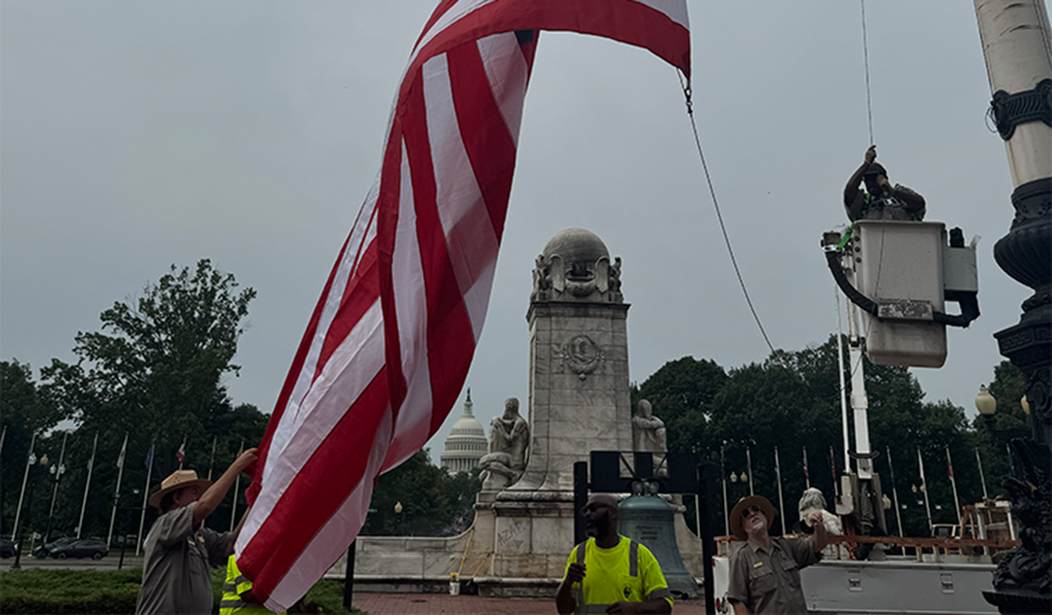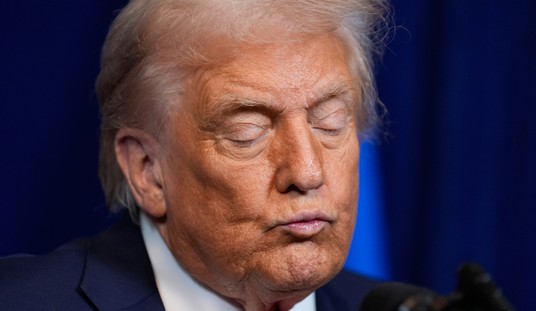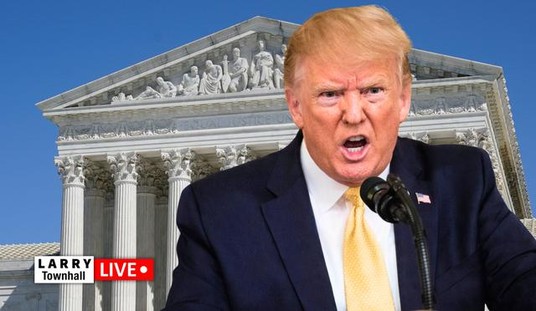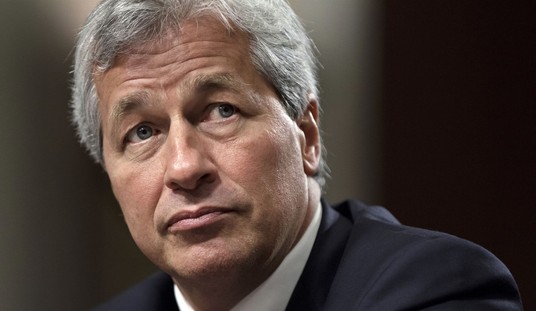Over the past decade, American politics has become increasingly divided and heated. This trend has become so pronounced it has been affecting people’s most important relationships.
It seems that every so often, there is an op-ed or report about people cutting others off because of political differences. This has caused many to question why this is happening.
There are likely numerous factors contributing to this trend. Some point to incendiary rhetoric. Others blame former President Donald Trump for supposedly ushering in this new era of pugilistic politicking. The advent of social media has prompted widespread political conversations and has given a wider platform for more people to voice their controversial or radical takes behind the comfort of a screen.
However, I would suggest that these theories do not get to the root of the problem: the size of the federal government.
With the 2024 election looming, many Americans are finding their relationships strained because of differing political viewpoints. This is not a new phenomenon, but it seems to be reaching a fever pitch. Folks are questioning whether it is worth maintaining friendships and family ties when core beliefs clash with one another, as CBS News recently explored in a report.
“If you encounter enough people, there’s going to be somebody who’s not the same as your views, and some people just get so much more fired up about it, and then it becomes extremely personal really quickly,” said Dr. Judy Ho, a clinical and forensic neurophysicist.
This issue is not confined to any one demographic. People are grappling with decisions related to friends and loved ones with differing political beliefs across the board. NPR dealt with this topic back in 2020, discussing the emotional toll that political divisions have taken on many Americans. “I did straight up say, ‘Dude, I’m done. Lose my number,’” said Shama Davis, who described why he “unfriended” a person he had been friends with for over two decades.
A poll from the Public Religion Research Institute at the time found that Americans believe the opposite party has been taken over by extremists. Researchers discovered that about 80 percent of Republicans believe the Democratic Party has been taken over by socialists, while the same percentage of Democrats believe the GOP has been dominated by racists.
These viewpoints have led to a sort of “dueling reality” where both sides “view the other as being more extreme than they actually are,” said Tania Israel, a professor at the University of California.
Dr. Laura Vogel, a psychologist at Momentous Institute, told CBS News that part of the problem is that people connect political views to their personal identities. “Particularly around those social views, that’s where it begins to connect to my identity as a person, who I am, what my faith is, those sorts of things,” she explained.
It is not only experts who are chiming in on this problem. Everyday people are making the difficult choice to end friendships or distance themselves over these divisions. Ricardo Deforest, a steelworker from Florida, told NPR that he cut ties with his cousins over politics. “I hate to say it because family is everything, but I disowned them. In my mind they’re not family anymore,” he said.
In a 2022 article on Medium, author Shiva Bhaskar argued in favor of ending friendships over politics. “For many people, deeply held political beliefs are reflections of underlying values," Bhaskar wrote, echoing Dr. Vogel’s sentiments.
This rise in politically driven social fractures can be tied to the growing role of politics in everyday life. Shiva Bhaskar, in a 2022 article on Medium, argued that friendships often break down because political beliefs are closely linked to underlying values. "For many people, deeply held political beliefs are reflections of underlying values," Bhaskar wrote, explaining why conflict is more likely and friendships are harder to maintain when those values clash (Medium). In his view, people need to decide whether it’s worth maintaining a friendship that causes them constant stress and anxiety over political disagreements.
If we agree that strong disagreement about deeply held political beliefs can be a source of painful conflict, and that such discord is undesirable, why would you continue a friendship with someone whom you deeply differ with over matters of great personal importance? How does such a relationship improve your overall happiness and well-being?
Now, you might point to other redeeming qualities of your friend. They might say the same of you.
You’re probably both correct. Yet, how do you reconcile those attributes with the fact that your overall interactions are marred by discord, which damage your mental and emotional state?
It’s clear that politics is causing huge problems for Americans when it comes to relationships.
But here’s a question: Would this be the case if our federal government hadn’t been grown to the size of Jupiter?
Having a bloated federal government has caused a myriad of serious problems affecting everyday Americans. But most don’t consider how it affects our relationships.
The government should have so little power over our lives that it doesn’t matter nearly as much which party controls it. If the state did not have the ability to infringe on our rights while imposing its will on the populace, people would not be so emotional about which candidates they love and which they detest.
Politics was not always such a central component of personal relationships. However, as the state expanded its reach into nearly every aspect of life—from healthcare to education, and now social norms—it is no wonder that the political stakes feel high enough to cut off those who support the opposing party. It is as if we now view those who vote differently from others not as individuals with different perspectives, but as evil beings who support the government-sponsored destruction of your way of life.
The size of our government has caused politics to take an outsized role in our lives. While most find ways to remain friends or family with people who disagree with them, how long will it be before a higher percentage of us start isolating ourselves from those who do not think like us? This could take us down a dangerous path. The question is: What do we do about it?














